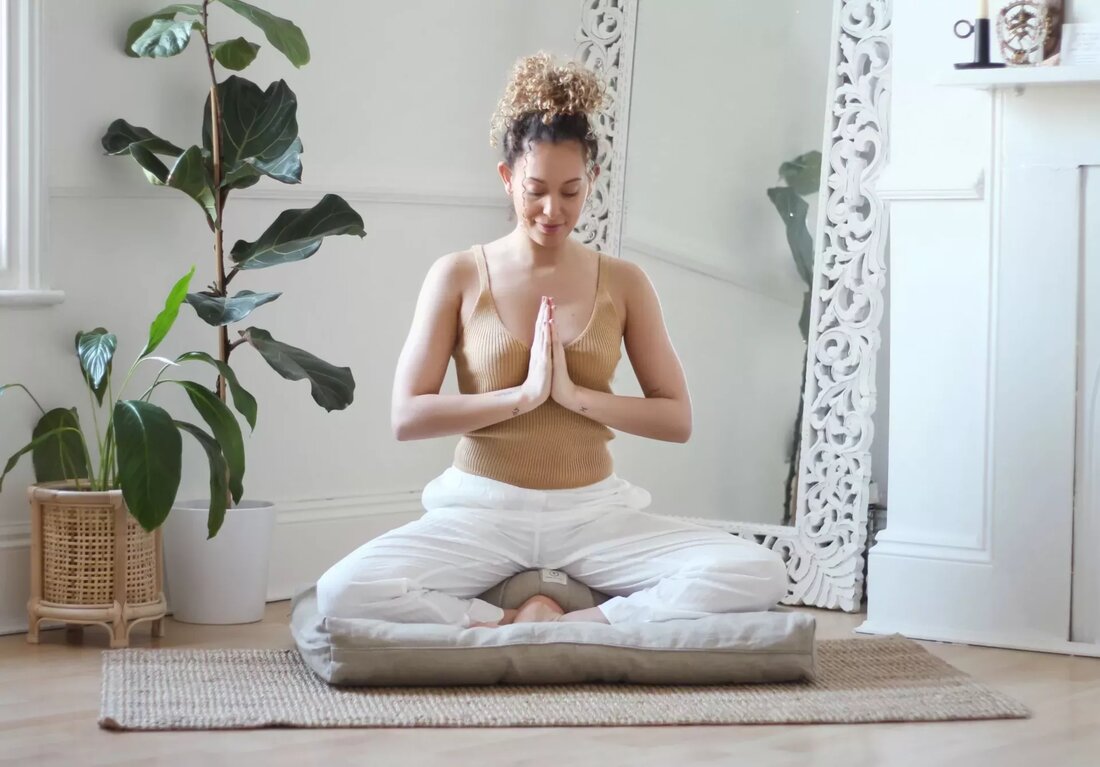Find moments of calm in the midst of a busy world
The modern world presents many dilemmas that impact our health, but in my opinion none is more prevalent than the ability to rest and be calm. As a child of the '80s, I remember Margaret Thatcher's legendary four-hour sleep seeming somehow virtuous, regardless of her politics. With our 24-hour culture, we want to be able to do everything at a time that is convenient for us, including eating, shopping, getting a medical diagnosis, perhaps all in the name of productivity and efficiency. There is increasing recognition that this may not be optimal for our physical and mental health. Satchin Panda investigates...

Find moments of calm in the midst of a busy world
The modern world presents many dilemmas that impact our health, but in my opinion none is more prevalent than the ability to rest and be calm. As a child of the '80s, I remember Margaret Thatcher's legendary four-hour sleep seeming somehow virtuous, regardless of her politics. With our 24-hour culture, we want to be able to do everything at a time that is convenient for us, including eating, shopping, getting a medical diagnosis, perhaps all in the name of productivity and efficiency.
There is increasing recognition that this may not be optimal for our physical and mental health. In his book The circadian code, Satchin Panda examines how our biological rhythms are set and when it is optimal for us to sleep, eat and exercise in order to be healthy, grow and regenerate. In addition, it has long been known that the parasympathetic part of the autonomic nervous system, which is active at rest, helps us regulate bodily functions such as digestion, sleep and growth. Furthermore, increasing evidence suggests that dysfunction of our delicately balanced nervous system due to stress can lead to widespread physiological changes and disease (1, 2). Learning how to regulate the nervous system can improve overall health (3).

Rest can be just as important for our bodies as exercise. When I'm faced with patients who have a hard time sleeping, a hard time switching off, a hard time resting, I wonder how we as a society can shift the tide.
As David Whyte notes in his book Comfort, rest is not a given, but a preparation to be our best and arrive at a place where we can understand what we have already been given.
When we rest, we are afraid of not being productive, afraid of missing something, afraid of silence. But perhaps rest allows us to be more productive and creative. My interpretation of Pabulo Nerudo's poem Silence is that by resting we understand ourselves better, experiencing what it is like to be connected to others, to nature without words, without actions. To observe and be curious, away from the constant movement of life.

Restorative yoga is just one way to rest. There are others. For me, however, Restorative Yoga creates the conditions that allow the nervous system to shift to a place that feels safe, allows the body to stop and explore the breath, reduces the external assault on the senses, and allows our physiology to reset, repair, and grow.
If you're looking for reading resources to help you on your yoga journey, look no further than the Yogamatters library here.
Practical references:
1) Sapolsky 2004. Why zebras don't get ulcers.
2) Porges et al. 2011The Polyvagal Theory: Neurophysiological foundations of emotions, attachment, communication and self-regulation
3. Davidson, RJ and McEwen, BS (2012). Social influences on neuroplasticity: Stress and interventions to promote well-being.Nat. Neurosci.15, 689-695. doi: 10.1038/nn.3093
We have a FREE weekly online community yoga class to check out! Book your place now, here.
Written by Yogamatters

 Suche
Suche
 Mein Konto
Mein Konto
